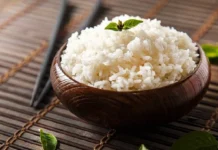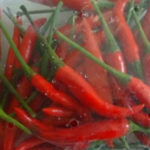Traditional definitions describe fish sauce as the boiled and distilled essence of fish that has been long-aged. Scientifically speaking, fish sauce is a protein solution primarily consisting of amino acids formed through the hydrolysis of fish by protease enzymes naturally present in the fish.
It is used as a dipping sauce or seasoning to add a savory boost to dishes. This condiment is the soul of Southeast Asian cuisine, especially in Vietnam.
1 Boiling Fish Sauce for Too Long
We often have the habit of seasoning right after turning on the stove. Because of this, during cooking, the flavor and aroma of the fish sauce will gradually dissipate, and the sauce will lose its original savory intensity. The dish’s nutrition is also affected.
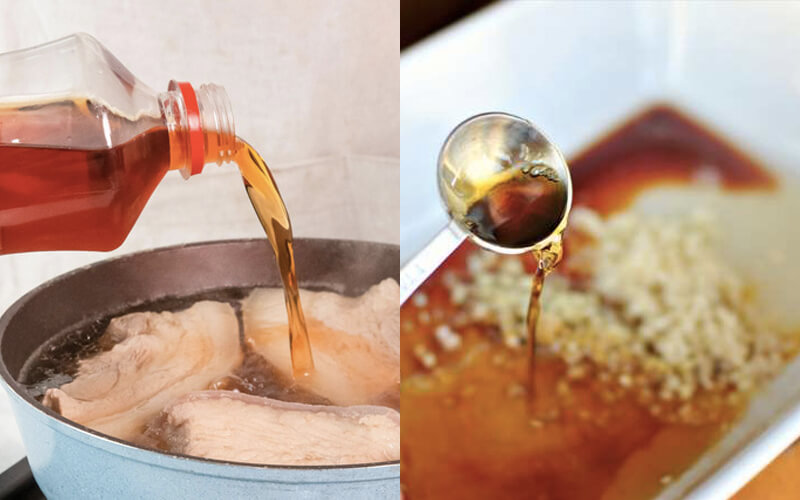
Therefore, for stews or stir-fries, it’s best to cook the meat until tender and then add fish sauce to create an aromatic dish. And for soups, only add fish sauce when the dish is nearly cooked, then turn off the heat. This method preserves the distinctive flavor while retaining the nutrients in the fish sauce.
Make a savory batch that will last for a month.
2 Adding Fish Sauce When the Dish Is Boiling
When a dish is boiling, it reaches its peak flavor. However, adding fish sauce at this point will cause the amino acids in the sauce to disappear, resulting in a loss of nutrition and the dish’s natural sweetness.
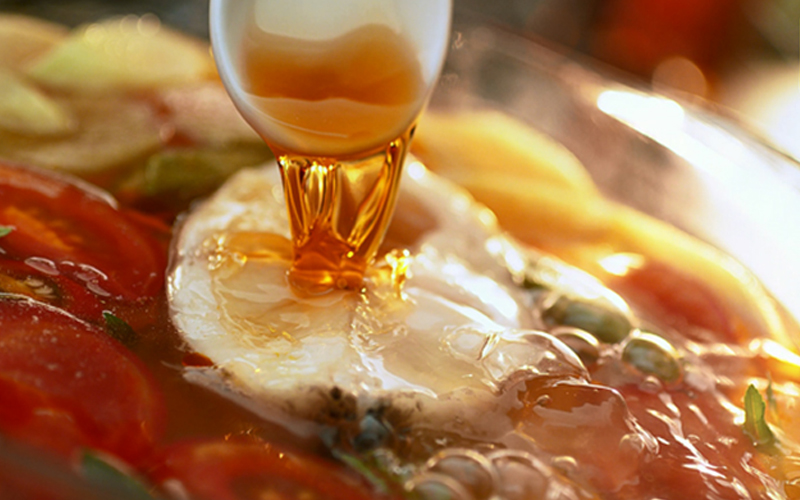
Your food will also turn a dark brown color as the amino acids react with sugars and other spices, making your dish less appealing. So, season with fish sauce when the dish is nearly done and turn off the heat immediately.
3 Using Fish Sauce to Marinate Meat
In Vietnamese tradition, fish sauce is considered the perfect seasoning to enhance the flavor of dishes. However, using fish sauce to marinate meat will make it tougher and drier.
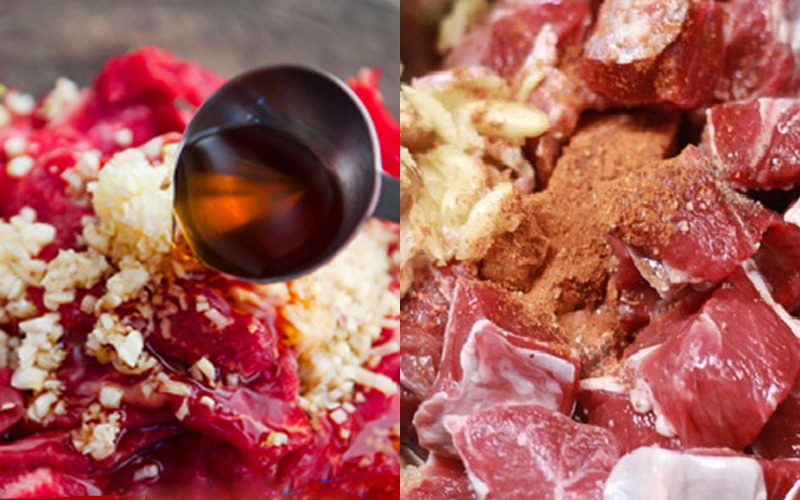
Instead, marinate the meat with salt and other seasonings, and only add fish sauce towards the end of cooking.
4 Using Low-Quality Fish Sauce with Additives
Recently, several low-quality fish sauce producers have been exposed. They use industrial soda (Na2CO3) instead of traditional ingredients in their production process.
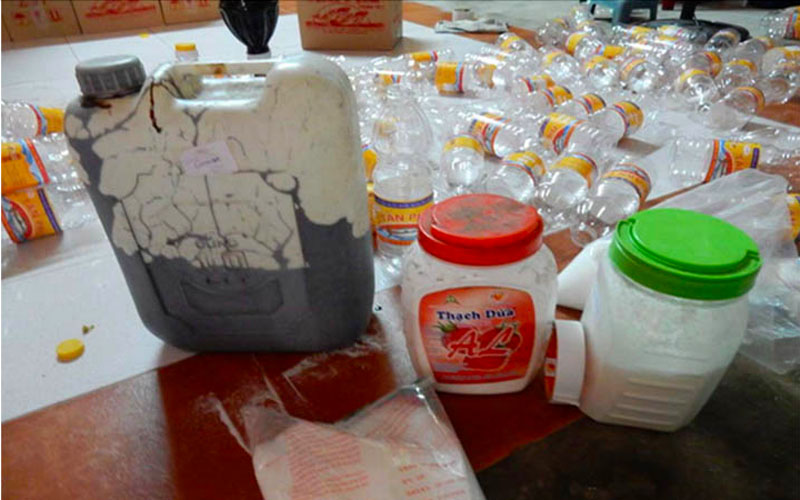
These substances not only lack nutritional value but also have the potential to cause bodily harm, affecting vital organs like the heart, liver, and kidneys.
5 How to Choose Delicious and Nutritious Fish Sauce
To avoid inadvertently harming your family, homemakers should learn how to distinguish high-quality, nutritious fish sauce. Delicious fish sauce should meet three criteria: degree of protein, color, and aroma.
The degree of protein is usually indicated on the label, and natural, pure fish sauce typically ranges from 30 to 42 degrees. Many people mistakenly believe that the higher the protein degree, the better the taste.
However, if the label indicates a higher degree, it may not be natural but rather achieved through additives and flavor enhancers. There are also fish sauce varieties with protein degrees as high as 60, which are often produced with technology and salt extraction processes.
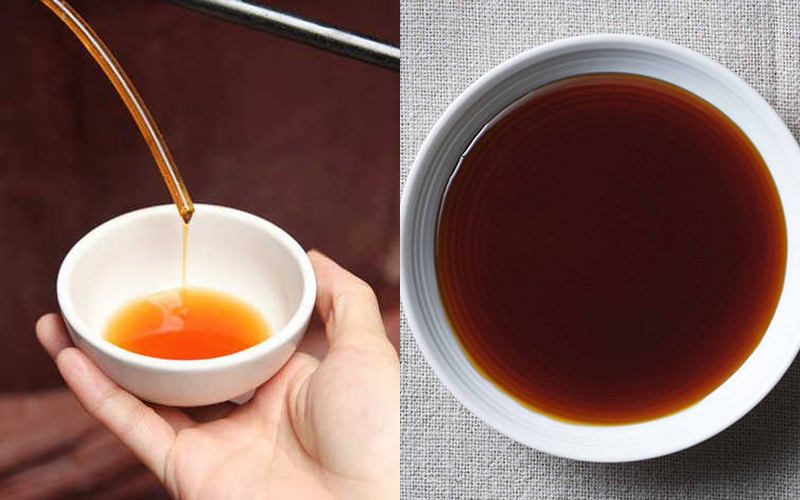
In terms of color, delicious fish sauce usually has a deep reddish-brown hue and appears translucent when held up to the light. However, don’t worry if your fish sauce darkens during use—this is normal.
Traditional fish sauce, made from fish and salt without preservatives, will naturally react and darken when exposed to air.
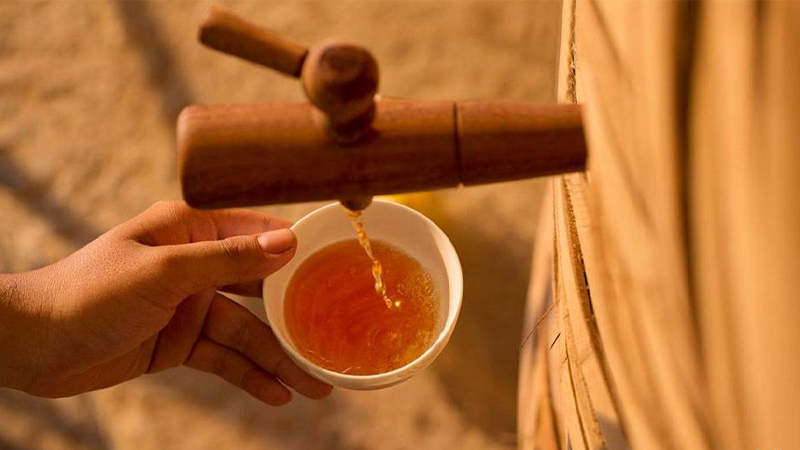
Most importantly, the aroma of good-quality fish sauce is intense and long-lasting. Traditional fish sauce, when tasted, will initially be salty on the tip of the tongue but will then reveal a subtle sweetness that spreads throughout the palate.
The simplest way to choose the right fish sauce is to taste it. Only then will you know which one is truly of high quality.
For further reference:
We hope you found this article helpful. Prepare a nutritious meal for your family with delicious fish sauce!
4 Strategies for Storing Chili for One Month
Do you want to enjoy the fresh, spicy flavor of chili peppers all month long? Look no further! This article provides tips and tricks for storing chili peppers so that they stay fresh and flavorful for up to a month. Learn how to best preserve your peppers and savor their zesty taste for weeks to come.











